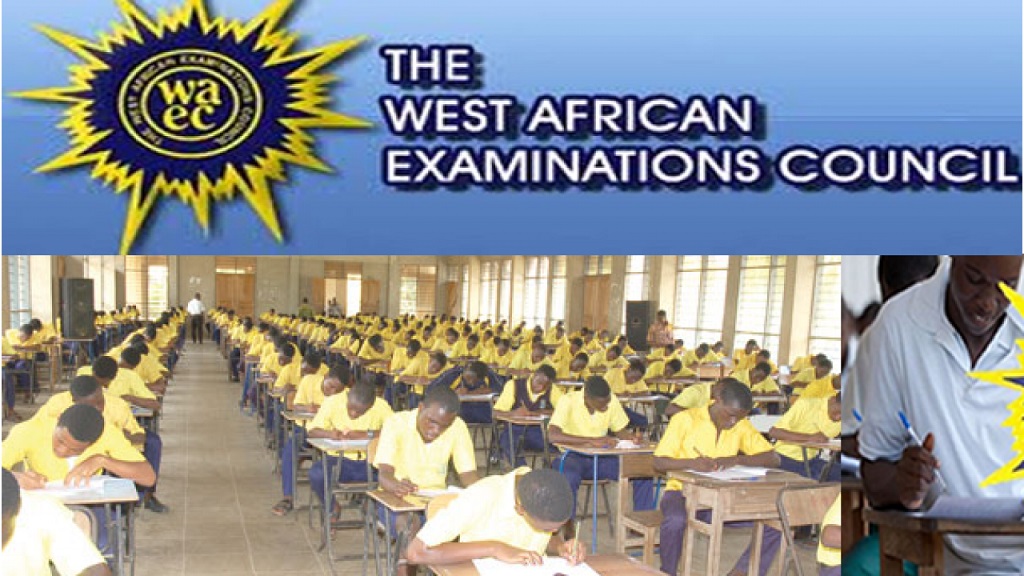Erratic BECE And WASSCE Financing By Government: What Are The Real Issues?
|  | |
|
On Wednesday July 3, Eduwatch published volume 31 of its Education Alert Policy brief which discusses key issues surrounding Government of Ghana (GoG)'s erratic financing of the annual Basic Education Certificate Examination (BECE) and West African Senior School Certificate Examination (WASSCE).
Key issues:
1. By 7th June, 2024, the total government indebtedness to the West African Examinations Council (WAEC) for BECE and WASSCE fees had escalated to GHC 340 million, with arrears dating as far back as 2022.
2. In 2024, WAEC requires GHC 96 million from the government to organise the BECE; and another GHC 178 million for WASSCE.
3. The Ministry of Finance has released only GHC 49 million (51%) of the BECE budget, and WAEC is yet to receive any advance payment for WASSCE which starts four (4) weeks after BECE.
4. In the past five (5) years, the examination malpractice rate for WASSCE has increased from 0.8 per cent in 2018 to 10 per cent in 2023 (an unprecedented high), partly due to poor invigilation and supervision; alongside other demand-side factors, including the high profits from teacher(invigilator)-student collusion; all being symptoms of insufficient funding to WAEC for the exams.
Key recommendations:
1. The government should explore the targeting of WASSCE fees alone by either asking secondary school students who attended private basic schools to pay, or requiring parents who genuinely cannot pay to provide evidence of incapacity to justify a full discount.
2. Government should ensure that half of the examination fees budget line is charged to a more reliable funding source (i.e., the ABFA), instead of being fully reliant on GoG, in order to spread the risk of delayed releases.
The full brief is available via the link below:
https://africaeducationwatch.org/alert/policy-brief-vol-31
Estimated reading time: 10 minutes.
© Africa Education Watch | |
|
|
|
Eduwatch Petitions Education Minister And NACCA To Make Basic Practical Agriculture A Foundation Course In The New Draft Secondary Education Curriculum
|  | |
|
On Thursday July 4, Eduwatch petitioned the Minister of Education, Dr. Yaw Osei Adutwum and the National Council for Curriculum and Assessment (NACCA) on the need to include climate responsive agriculture in the new draft SHS curriculum. This is our major input into the subject combinations in the draft Secondary Education Curriculum.
Eduwatch raised the following issues:
1. Agric and food security are critical for Africa's survival in the 21st century 4th Industrial and Green Revolution.
2. A nation that cannot feed itself can never compete in the global digital economy.
3. Ghana and Africa's major challenge to food security is an underdeveloped agricultural sector due to low technology, low investment, and low youth interest and participation.
4. Besides Agric being an elective subject for interested students, Eduwatch recommends a one-year foundational course in Basic Practical Agriculture for all students.
Our petition can be accessed via the link below:
https://africaeducationwatch.org/publication/eduwatch-on-agric-in-new-shs-curriculum
© Africa Education Watch
| |
|
|
|
Eduwatch & ACET Begin Field Data Gathering For TVET For Economic Transformation Study
|  | |
|
In the past week, Eduwatch eumerators, with support from the African Center for Economic Transformation (ACET), have been on the field collecting data for an on-going study - "Building Technical and Vocational Education and Training (TVET) systems for Economic Transformation."
The study seeks to investigate how Ghana’s TVET system is responsive to digital skills demands in the 4th Industrial Revolution.
While on the field, our Team will engage officials of MoE, CTVET, Ghana TVET Service, school heads, teachers and students of Technical Vocational Institutes (TVIs), parents, Development Partners, CSOs, and Master Craft Persons (MCPs) in the Northern, Ashanti and Greater Accra regions.
© Africa Education Watch
| |
|
|
|
EDITORIAL
Ghana's Current IMF Deal Is The Best Negotiated So Far For The Education Sector Budget
|  | |
|
Excerpts from Eduwatch’s unpublished ‘Education Financing Tracker 2017-2024’ report.
Uncharacteristic of International Monetary Fund (IMF) programmes and their impact on social spending, in the Government of Ghana (GoG)'s IMF inception budget of 2023, the nominal education budget increased by 21.5 per cent from GHS 20.39 billion in 2022 to 24.77 billion in 2023.
The budget for the 2024 saw an even higher increase from GHS 24.77 billion in 2023 to GHS 32.79 billion in 2024, representing an increase of 32.4 per cent.
Again, uncharacteristic of previous IMF programmes which have Net Hiring Freeze conditions in education, limiting or banning teacher recruitment, the government was able to negotiate the recruitment of about 13,500 teachers in 2023 and secure financial clearance for some 18,000 staff in 2024.
While one cannot comment on budget credibility since the expenditure data for 2023 is not yet available, these allocations portend positive signals for education under an IMF programme.
© Africa Education Watch
|
|
|
|
|